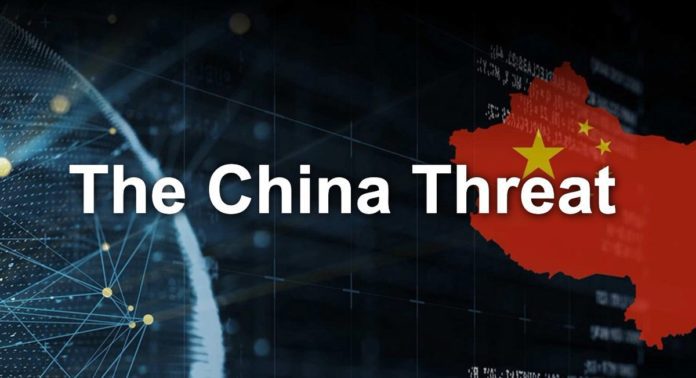The article was originally published by The Hill.
On April 29, China’s Politburo held a meeting to review the country’s national talent strategy under the 14th Five-Year Plan and discuss the economic situation. This offers us a glimpse into the course China has chartered to compete against the United States during Xi Jinping’s third term after the 20th Congress of the Chinese Communist Party (CCP) to be held this autumn.
Although the CCP began to implement its talent-building strategy in 2002, it is Xi who has branded it a “core pillar” for China to achieve global economic dominance. Last December, Qiushi, the CCP’s leading official theoretical journal, published a speech Xi delivered at the CCP’s Central Talent Work Conference in September 2021. In the speech, Xi laid out a strategy to make China a global talent and innovation hub, with a three-part timeline: by 2025, gather a large pool of strategic talent in key technology sectors, including first-class leaders and innovative teams in science and technology; by 2030, complete the formation of a system that can attract world-class talent and pioneers in critical and emerging technologies; and by 2035, gain a comparative advantage in international talent recruitment and become the world’s leading talent center.
The CCP believes that once the correct political line is set, China’s horde of ever-obedient cadres will be the determining factor for its success. Xi, a staunch follower of Mao Zedong’s communist politics, believes that China’s ability to ultimately “win” against the U.S. depends on whether it can overtake the United States’s lead in science and technology — which, in turn, boils down to winning the competition for talent. Xi recognizes that today’s society is marked by “changes unseen in a century” and that these unprecedented changes have given China the opportunity to rise swiftly as a dominant world power. He has brought the single-party state close to fulfilling its centenary goal of achieving the “Chinese dream of national rejuvenation” — a euphemism for China-centric dominance — if it can finish this last mile of “gather[ing] the brightest minds under heaven to serve China.”
This means that Beijing will accelerate the training of homegrown talent and the recruitment of talent from other countries, particularly in the West. Indigenous talent development can take many years, which China does have under Xi’s ambitious timetable, even though it has made great strides. Poaching and siphoning talent from the West, a strategy referred to as “overtaking on a sharp bend,” produces much faster results. This is why the U.S. must be vigilant of China’s global talent recruitment strategy.
In the 1950s, the CCP successfully lured hundreds of scientists and researchers from the West to return to China. These scientists built China’s atomic bomb in 1964 and hydrogen bomb in 1967. In 1970, they helped launch China’s first satellite into space. In 1999, to recognize the contributions of expats, the CCP awarded national medals of the “Two Bombs, One Satellite” project to 23 individuals who made significant contributions to the program. Eighteen of the recipients were scientists trained in the West, and most of them were U.S.-trained. Among them was mathematician, aerospace engineer and physicist Hsue-Shen Tsien. It is reported that a senior U.S. defense official stated, “I’d rather see him shot than let him go,” and claimed that Tsien was “worth three to five divisions anyplace.”
To read more, please click here.
Lianchao Han is vice president of Citizen Power Initiatives for China. After the Tiananmen Square Massacre in 1989, he was one of the founders of the Independent Federation of Chinese Students and Scholars. He worked in the U.S. Senate for 12 years as a legislative counsel and policy director for three senators.
Jianli Yang, a former political prisoner of China and a Tiananmen Massacre survivor, is founder and president of Citizen Power Initiatives for China and the author of “For Us, The Living: A Journey to Shine the Light on Truth.”


